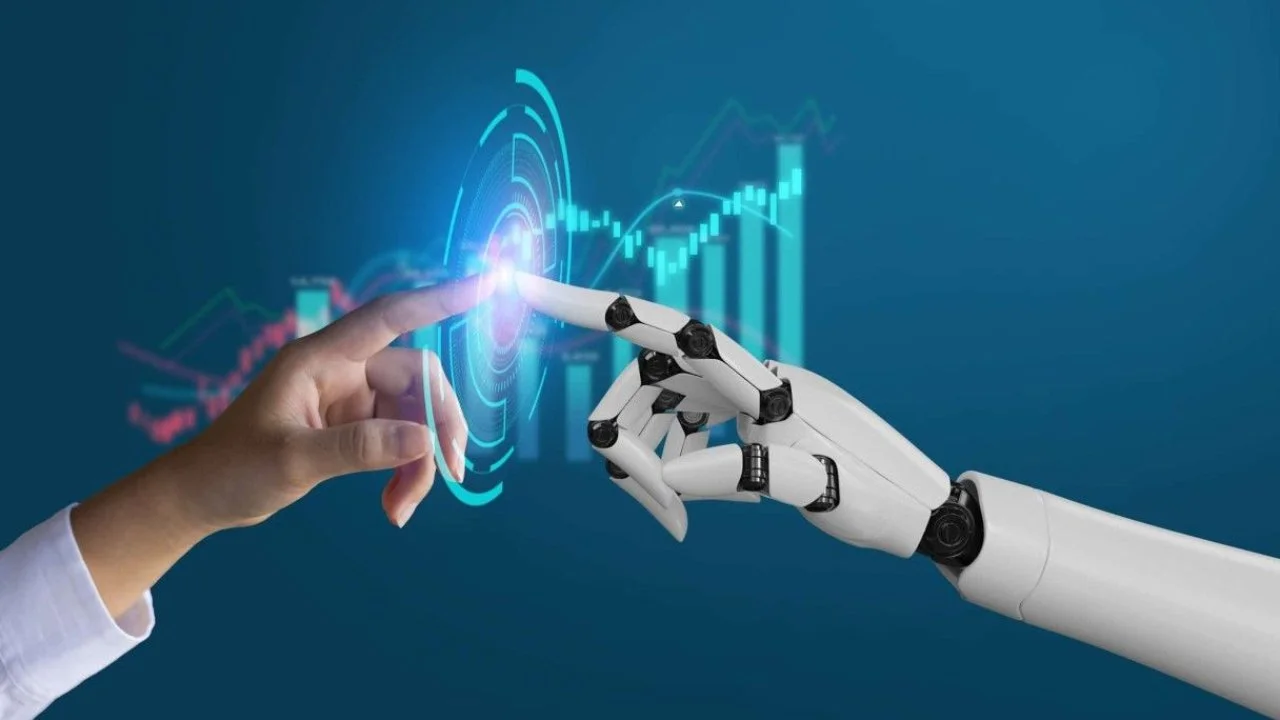AI is reshaping professions across the board - including coaching. But here’s the forward twist: instead of seeing AI as a threat, coaches who embrace it as a co-pilot gain the upper hand. AI works best when it supports - and amplifies - the deeply human elements that only skilled coaches bring: empathy, presence, intuition, and transformational connection.
How Coaches Can Leverage AI Smartly
1. An Idea Incubator for Career Growth. When a client wants to stretch into new territory, AI can generate a buffet of possibilities - conferences, MOOCs, emerging skills, and professional groups. The real coaching moment comes when you sift, prioritize, and co-design the path forward, turning options into ownership.
2. Strategy on Demand. AI can surface frameworks, industry trends, and case studies at the click of a button. But it takes a coach to slow the conversation down and ask: Which of these models actually fits your reality? What assumptions do we need to challenge? That’s where “data” becomes wisdom, and there is an opportunity to turn the abstract into action.
3. Language for the Hard Stuff. For difficult conversations, AI can sharpen tone and clarity in a draft email or script. You, however, guide the heart of it: What’s the impact you want this to have on the relationship? How do you want to be remembered after this exchange?
4. Rapid Diagnostics. AI can quickly critique a client’s go-to-market deck or presentation for gaps or blind spots. The coach then pushes deeper: What surprised you? How might stakeholders react differently from what you expect? The shift from “feedback” to “foresight” is purely human.
Why Humans Still Hold the Competitive Edge
· Empathy That Truly Lands. AI can mimic warmth, but it can’t sit in the fire with a client. A coach notices the tremor in a voice, offers a pause that conveys 'I see you,' and holds the kind of presence that fosters psychological safety. Amy Edmondson’s research at Harvard shows that safety is the bedrock of learning and growth.
· Connection That Rewards the Brain. Neuroscientist Matthew Lieberman’s work proves what we intuitively know: human connection lights up the brain’s reward centers. A coach remembers milestones, senses doubt in a client’s tone, or sends a quick text of encouragement. AI responds; humans resonate.
· The Power of Strategic Silence. AI rushes to fill the gap. Coaches honor it. Sit with a client long enough, and their second thought - or their truer thought - finally emerges. Silence isn’t empty; it becomes a partner in discovery. AI fills gaps quickly; coaches honor the space that invites revelation.
· Conversations That Create. A metaphor pulled from your own life, a laugh that eases tension, a surprising reframing - these sparks come from two humans being in real-time exchange. AI mirrors: coaches make meaning.
· Whole-Person Context. Coaches hold the story behind the story: the client as a parent, partner, leader, dreamer. We weave threads across roles and histories. AI sees inputs; humans see the human and sense the story beneath the words.
· Adaptive Dialogue. Mid-conversation, a coach follows an intuition: Seems like that pause might matter – would you like to explore it? Or pivots when a client lights up about something unplanned. Coaching is jazz, not sheet music. AI follows instructions; coaches improvise, redirect, and reshape.
· Reading What’s Unspoken. A tightening jaw, an eye that flicks sideways, a cracked voice—these are invitations to dig deeper. Research in embodied cognition shows emotions live as much in the body as in the mind. Coaches read both. AI can’t.
We are also seeing how fast AI is advancing, so I would not be surprised if, in a short time, AI does not continue to make gains in some of the areas listed above.
Research Underscores the Human + AI Partnership
Studies confirm AI works best as a co-pilot, not a replacement. It helps coaches scale, personalize, and streamline—but the relational and intuitive remain human territory.
Geoffroy de Lestrange of Speexx calls AI a catalyst: tailoring learning and automating admin, while “people remain at the core.”
CoachHub’s Aimy and similar bots help clients practice conversations, but they can’t replicate the empowerment found in human coaching relationships.
AI is a powerful ally - quick, resourceful, and scalable. But empathy, intuition, presence, and the courage to sit in silence are still human terrain.
The future belongs to coaches who let AI handle the scaffolding while they bring the soul. In the age of AI, coaching isn’t diminished. It becomes both high-tech and deeply human.
Reflection Question: What’s one way you could bring AI in as your co-pilot this week - and where will your human touch be irreplaceable? Comment and share below, we’d love to hear from you!
Quote of the Day: “Combining the rationality of machines with the emotional wisdom of humans makes tomorrow’s coaching both high-tech and deeply human.” —Geoffroy de Lestrange
As a leadership development and executive coach, I partner with leaders to maximize their potential and elevate their impact, contact me to explore further.
How do you best partner with AI?

